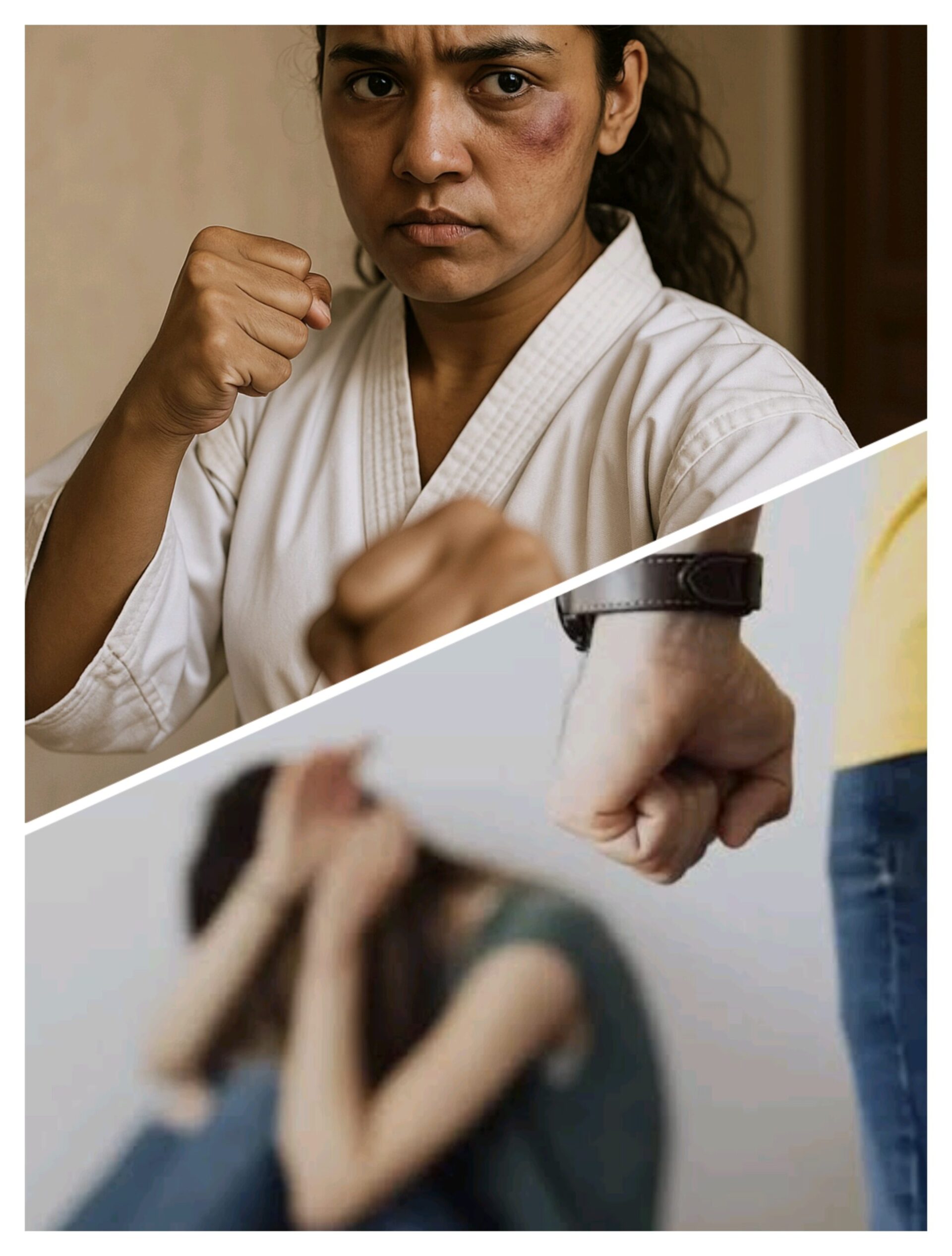The Alarming Surge of Gender-Based Violence Mandates Self-Defense Training for Women
In an era where gender-based violence persists as an alarming global issue, self-defense is transforming from a mere option into an essential skill for women. With increasing reports of domestic abuse, street harassment, and sexual assault worldwide, women from all walks of life must arm themselves with the tools required to safeguard their well-being. Self-defense training empowers women to defend themselves against violence while promoting a culture of respect and self-reliance.
The staggering statistics paint a grim picture: According to the World Health Organization, one in three women globally experiences physical or sexual violence at some point in her life, primarily at the hands of an intimate partner. This prevalence underscores the urgent need for self-defense education that equips women with the skills required to protect themselves from varied threats.
Understanding the Scope of Gender-Based Violence
Violence against women transcends geographic, economic, and social boundaries, affecting millions of women across the globe. In countries like India, where the fabric of society often silences victims, reports of domestic violence, molestation, and rape emerge daily. However, countless additional cases never come to light due to societal stigma, fear of retribution, or the absence of support systems that empower victims.
Self-defense training emerges not just as a means of protection but as a pathway to empowerment. In many cases, women find themselves in abusive relationships where the aggressor is a family member. These situations can leave women feeling powerless. Self-defense provides the knowledge and skills necessary to effectively resist, escape, or confront an assailant—turning the philosophy from merely surviving to reclaiming one’s agency.
The Dynamics of Public Harassment
Public spaces are unfortunately rife with potential threats, with harassment being a common experience for many women. Instances of groping, stalking, or unsolicited lewd remarks occur in varying environments—from streets and public transportation to workplaces. The prevailing sentiment often discourages women from reporting these incidents, perpetuating a cycle of silence and helplessness.
By investing time in self-defense, women learn effective techniques to counteract hostility. Knowledge of how to break free from a wrist grip, block an incoming strike, or even use everyday objects as improvised weapons can enhance a woman’s confidence and deter potential attackers. The psychological shift from vulnerability to empowerment can redefine how women experience their surroundings, enabling them to move with assuredness rather than fear.
Navigating the Threat of Sexual Assault
At the top of the spectrum of gender-based violence lies the horrific reality of rape. Whether committed by a stranger or someone familiar, sexual assault is a chilling violation that inflicts lasting trauma. While society must focus on legal reforms and educational initiatives to combat such crimes, imparting self-defense skills can prove life-saving during dire moments.
Martial arts disciplines such as Krav Maga focus on realistic combat situations, equipping practitioners with the necessary techniques for self-defense against various attacks. Alternatively, martial arts like Karate and Taekwondo enhance physical strength, agility, and mental fortitude, all of which are essential attributes for successful self-defense.
Beyond Physical Techniques: A Psychological Advantage
The benefits of self-defense training reach far beyond physical prowess. Such training fosters psychological resilience among women, instilling a sense of control and agency that is often stripped away in abusive situations. It cultivates discipline, awareness, and self-confidence, enabling women to navigate their lives without constant fear of potential threats.
For survivors of violence, self-defense classes often act as a therapeutic pathway, helping individuals reclaim autonomy over their bodies and lives. Empowerment through martial arts transforms the narrative from one of victimhood to one of strength and self-determination.
Challenging Cultural Norms Through Self-Defense
In many traditional societies, including regions in South Asia, cultural conditioning discourages women from being assertive or physically strong. In such environments, promoting self-defense training for women is crucial to breaking down harmful stereotypes that label assertive women as deviant. Educational institutions, community organizations, and non-profits play a vital role in normalizing self-defense training.
Incorporating self-defense classes into curricula, especially in underserved communities, can create a supportive environment where women are encouraged to become proactive about their safety and empowerment. The image of a girl learning Karate should evoke pride rather than stigma, challenging cultural misconceptions about femininity and strength.
A Call to Action: Every Woman Has the Right to Self-Defense
Every woman deserves the right to live free from fear and harm. While structural changes—such as harsher laws, improved policing, and better support systems—are vital, women must also prioritize their personal safety through self-defense education. It is essential to understand that learning self-defense does not promote violence; rather, it serves as a powerful declaration of an individual’s right to self-protection.
Martial arts and self-defense training do much more than teach physical techniques; they foster resilience, assertiveness, and survival instincts. In a world increasingly fraught with dangers, taking control of one’s safety through self-defense can be a transformative experience. Women learning these skills embody a powerful statement: they are not powerless, nor will they be silenced by fear.
Ultimately, investing in self-defense training is an investment in a woman’s empowerment journey, fostering a society where fear is replaced by confidence. As we progress toward a world free of gender-based violence, self-defense skills remain paramount in shaping confident, safe, and empowered women.
DISCLAIMER
We have taken every measure to ensure that the information in this article and on our social media platforms is accurate, verified, and obtained from reliable sources. For feedback or complaints, please contact us at info@hamslive.com.


